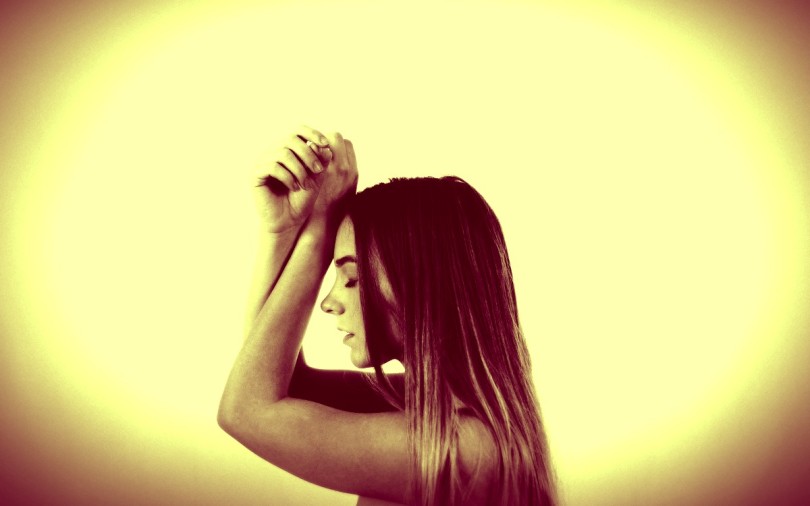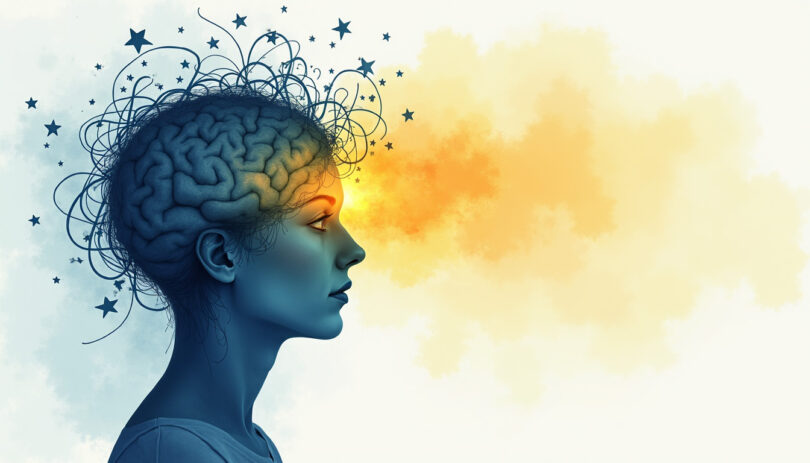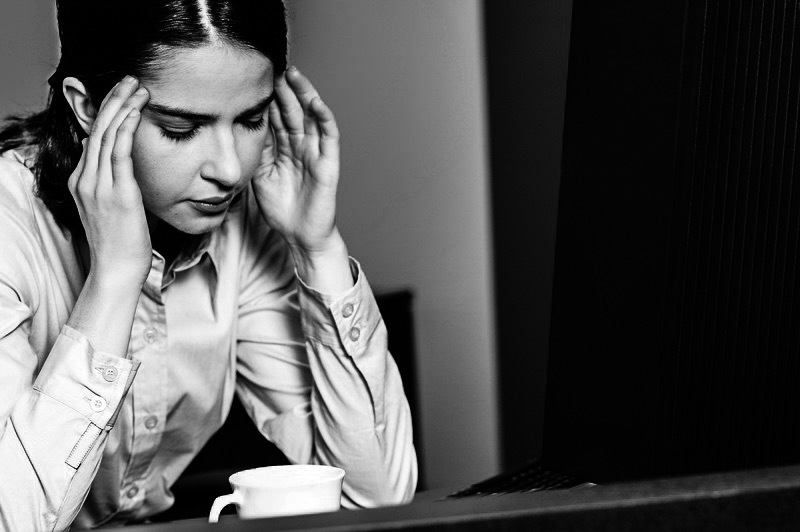Anxiety is a very real situation that affects millions of people around the world. It can be a very serious and debilitating illness that can affect your ability to lead a normal and fulfilling life. If you suffer from anxiety, you have most likely noticed that there are also many physical symptoms that can occur as a result of anxiety.
This post contains Amazon affiliate links, meaning I may earn a small commission if you purchase through my links, at no extra cost to you. Note: We aim to provide accurate product links, but some may occasionally expire or become unavailable. If this happens, please search directly on Amazon for the product or a suitable alternative.
You may have noticed a change in how you feel physically and may have even noticed that there are times when you feel lightheaded or dizzy. In this blog post, we want to take a closer look at the physical symptoms that you might experience as a result of anxiety. We hope that this article can help you learn more about what your body is going through in case you are suffering from anxiety.
The Physical Consequences of Anxiety
While the underlying cause of anxiety is mostly psychological, it manifests itself physically as a result of the physiological changes that occur in our bodies when we begin to feel anxious. In general, the more anxious we are, the more noticeable the physical changes are. Most of the time, those physical impacts are the most destructive to our health and overall quality of life. It will have an instant favorable effect on the body if you try to reduce the frequency and severity of anxious situations.
It is vital that you recognize these physical signs of anxiousness as soon as possible. Consider these to be cautionary indicators. As soon as you begin to notice them, it is imperative that you take action to alleviate your anxiety. Let’s take a look at some of the physical symptoms that you might experience as a result.
Sleeping problems
Anxiety can manifest itself in a variety of ways, the first of which is sleep issues. If you are having unusual thoughts racing through your head, it may be more difficult to fall asleep at night. Alternately, you can find yourself waking up in the middle of the night with concerns.
Sweating excessively
Slight perspiration, particularly on the palms of your hands, is another sign that you’re growing anxious and tense. Pay close attention to your body and make an effort to relax. Running your hands under a stream of slightly cool water may bring momentary relief, but it will not do much to assist you in decreasing your anxiety.
Headache and pounding heartbeat
As your levels of anxiety and stress build, you may notice that your heart is beating faster and faster. It takes a lot of energy for your body to pump blood through its system in order to prepare for a fight or flight. As a result of the higher levels of adrenalin and blood pressure, you may get a headache.
A feeling of nausea or stomach discomfort
Nausea and stomach discomfort are two more bodily manifestations of anxiety. I’m sure you’ve experienced similar feelings in the past when you were nervous about a test or a public speaking event. The moment you begin to feel severely nauseated, you know that your anxiety has gotten the best of you.
Weakness and fatigue are common
Pay close attention to your physical state. To be on high alert for extended periods of time, as is the case during an anxiety attack, is draining the body’s resources. Take advantage of any extra time you have to relax and avoid overdoing it.
Insomnia
As your anxiety level rises, some of these physical symptoms will become more severe. You could go from having trouble sleeping to having full-blown insomnia in a short period of time. If it continues for more than a few nights despite your efforts to relax and reduce your level of anxiety, it may be necessary to seek professional aid in order to get some rest.
The physical consequences of anxiety can be wide-ranging. Our bodies are designed to respond to danger. When we are tense or stressed out, our bodies produce chemicals that can make us feel tired, achy, sick, or even dizzy. Our bodies react to anxiety in order to help us get out of danger. But when we experience anxiety in response to everyday stressors, our bodies end up in a constant state of arousal. That can make us feel out of control and overwhelmed.
It’s all too common for people to feel stressed and anxious from our modern-day lifestyles. The stress can make it difficult to sleep, which in turn makes you more tired the next day. We hope this blog post has helped you understand some of the physical aspects associated with anxiety.
Learn more:
Did You Like This Article?
You’ll Love This Life-Changing Guide:
Want to get notified on new content?
Get email updates when new posts and articles are available.
» Yes! Sign me up for free updates.









